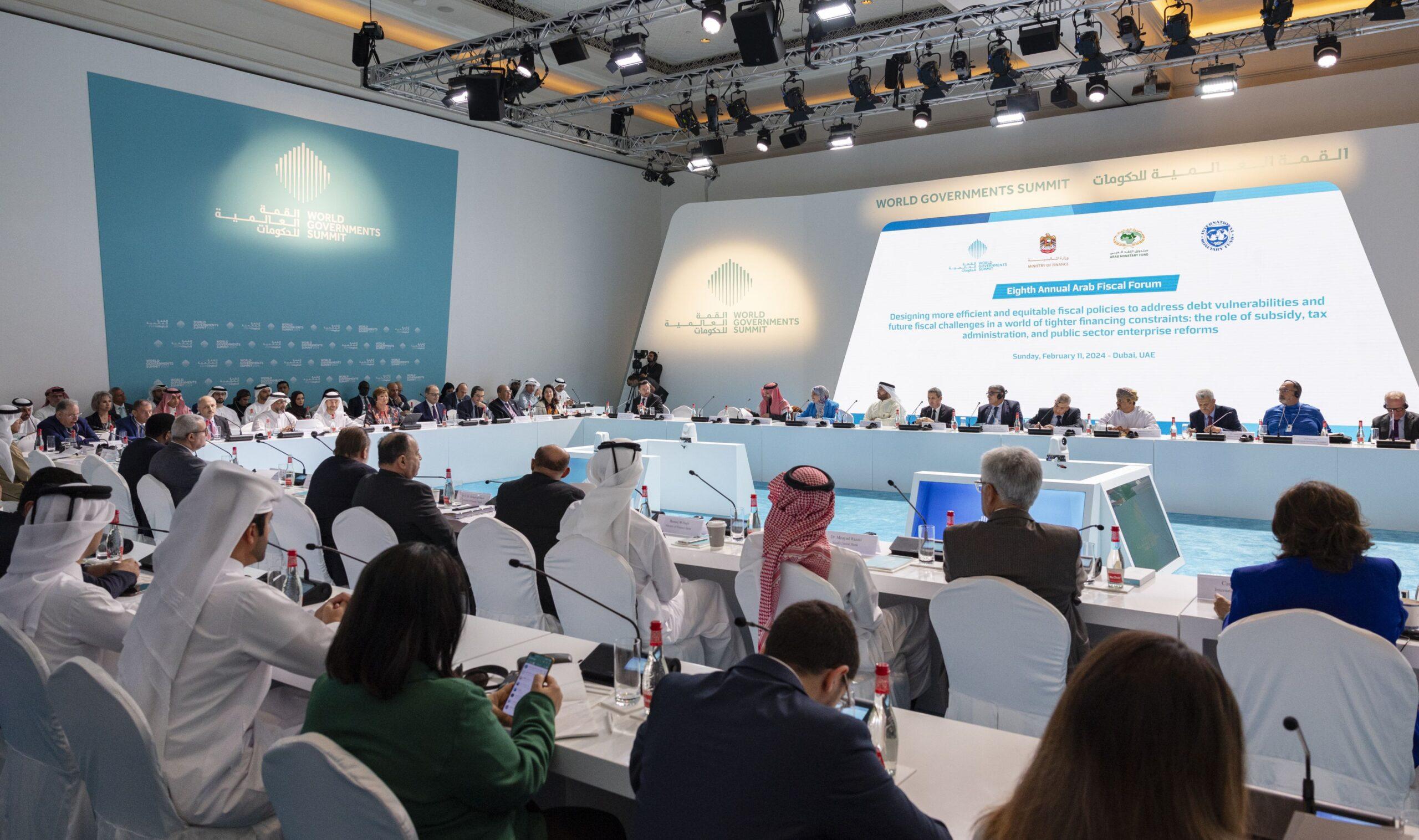The preliminary activities for the seventh ministerial consultative meeting of the “Abu Dhabi Dialogue” countries commenced in Dubai on Saturday, February 10, 2024, as part of the 2024 World Government Summit. Senior officials from the ministries of labor, human resources, and external employment of 16 member countries participated in 8 working sessions alongside representatives from international organizations, the private sector, civil society, experts, specialists, and observers. The “Abu Dhabi Dialogue” serves as a voluntary consultative mechanism aimed at providing a public platform for dialogue between labor-sending and receiving countries within Asia’s labor mobility corridor, focusing on best practices that support and enhance bilateral and regional cooperation efforts and partnerships to develop regulatory mechanisms for labor markets in the region.
The dialogue sessions covered the role of technology in reducing and resolving labor disputes, the importance of leveraging modern technology to launch initiatives for labor market regulation, minimizing labor conflicts, and facilitating their quick and efficient resolution. Discussions also highlighted the significance of expanding wage protection systems in labor-receiving countries to include domestic workers, emphasizing technology’s role in enhancing worker welfare, strengthening countries’ ability to manage labor markets, and ensuring better monitoring of key labor rights indicators. Additionally, the sessions explored available options and potential impacts of technology application in labor markets.
Mr. Suleiman bin Saleh Al-Dakhil, Director General of the Health Council for the Gulf Cooperation Council (GCC) countries, addressed the importance of using technology to improve workers’ access to health information, effectively contributing to worker welfare and promoting a safe working environment. He spoke about the pioneering efforts and initiatives of the GCC countries as major labor-receiving nations and their leading steps to enhance worker protection, inform them of their health rights, and educate them on health and safety standards in the workplace.
It is noteworthy that in 1995, the Gulf Health Council launched a program to conduct medical examinations for individuals wishing to travel to the GCC countries, prioritizing the health security of the Gulf community. This included forming committees to develop health requirements and screening guidelines.

